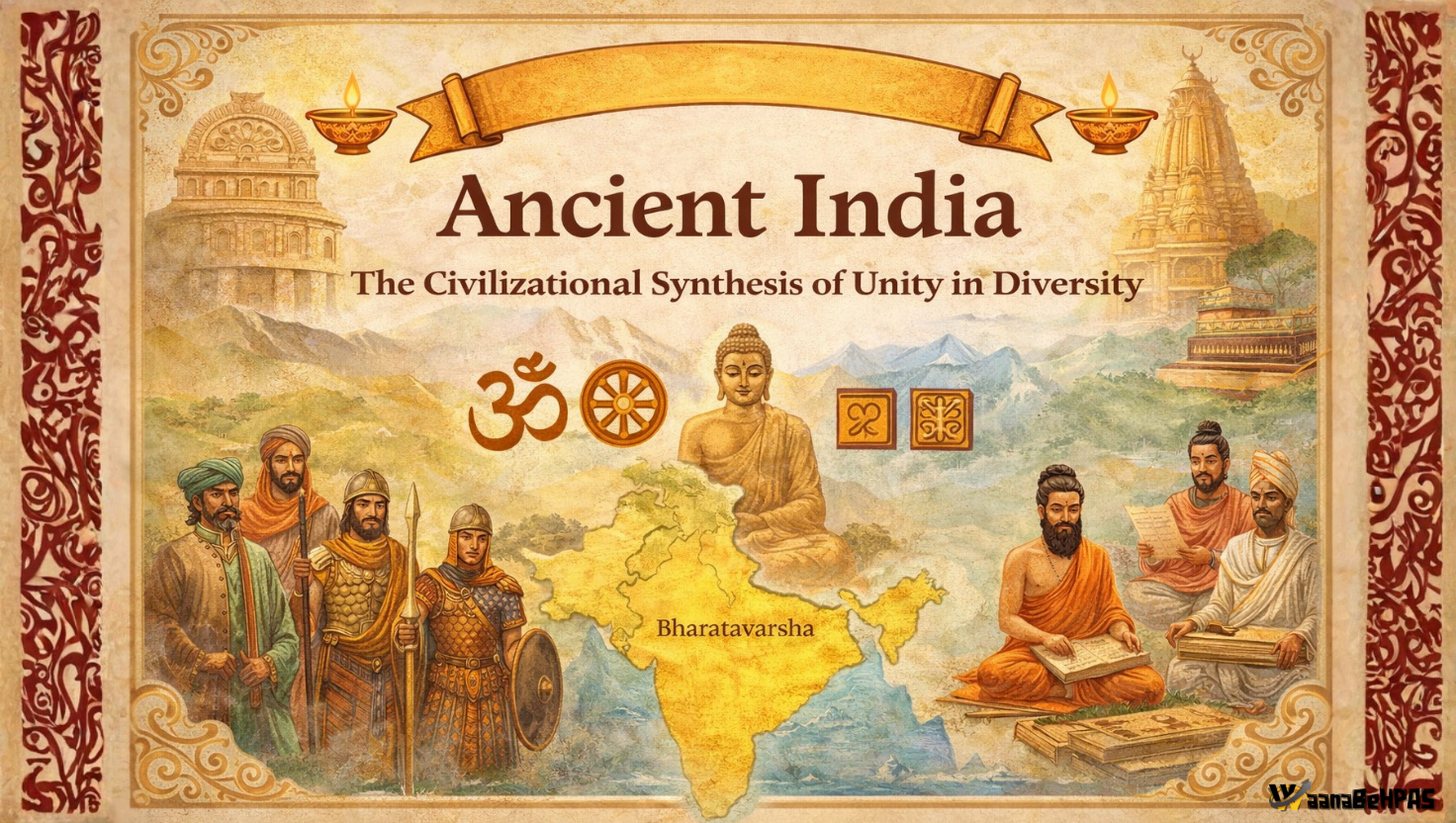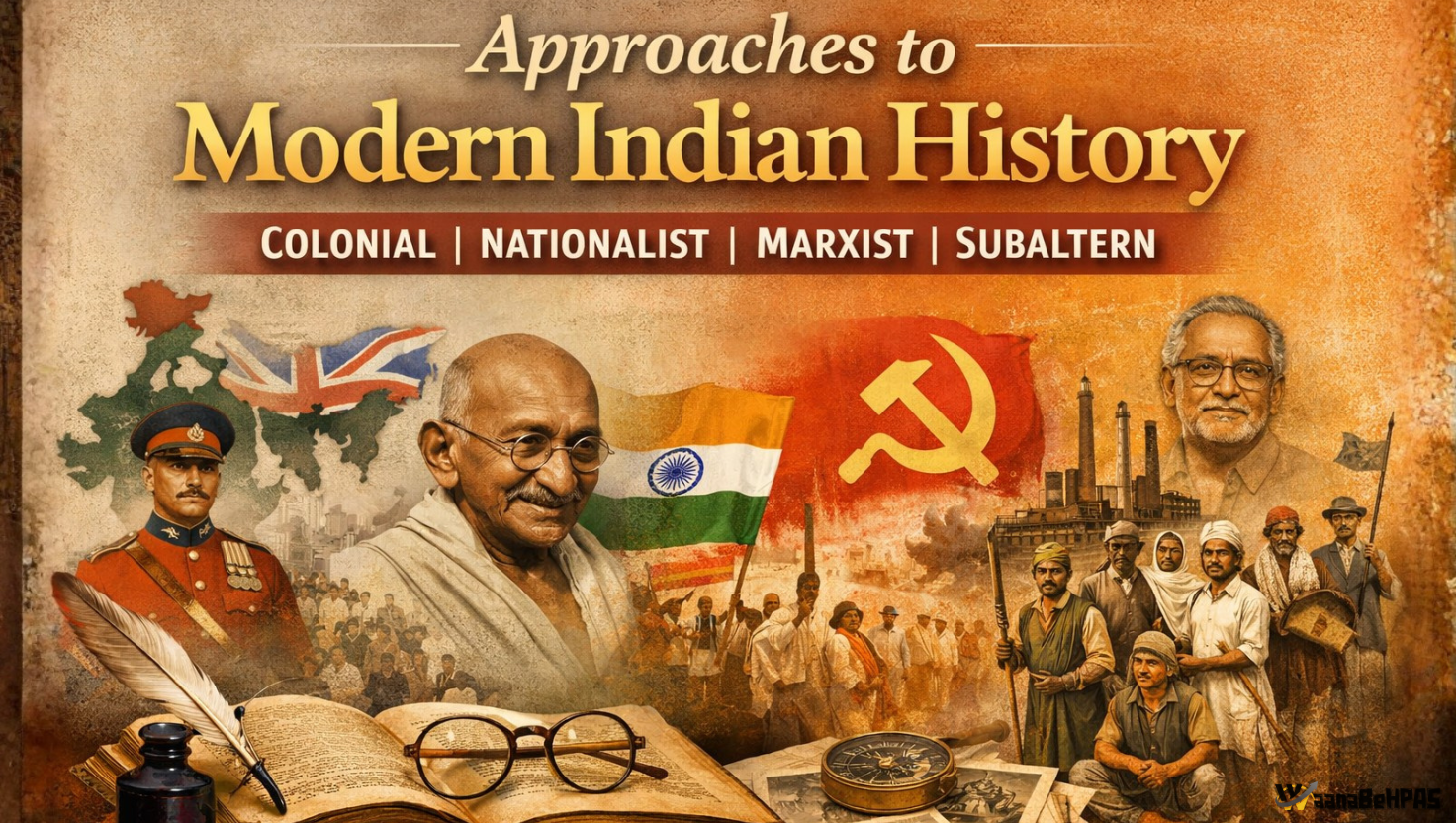United Nations High Commissioner for Refugees (UNHCR)
Syllabus: UNO (UPSC Prelims)
Source: The Hindu
Context:
UNHCR has suspended the repatriation of Sri Lankan Tamil refugees from India after some returnees were arrested in Sri Lanka under immigration laws.
What It UNHCR?
- UNHCR is a UN agency that protects and supports refugees, stateless persons, and internally displaced people.
- Works to find lasting solutions: voluntary repatriation, local integration, or resettlement in another country.
Establishment
- Created in 1950 by the UN General Assembly after World War II.
- Began work in 1951 with a 3-year mandate → later made permanent.
Leadership
- Headed by the High Commissioner for Refugees, elected by the UN General Assembly.
- Current High Commissioner: Filippo Grandi (Italy), in office since 2016.
Structure & Funding
- Executive Committee (ExCom): 100+ member states provide policy direction.
- Secretariat: Managed by the High Commissioner, with regional and field offices worldwide.
- Funding: Comes entirely from voluntary contributions of governments, private donors, and organisations.
Key Functions
- Refugee Protection: Uphold non-refoulement (no forced return to unsafe places).
- Humanitarian Aid: Provide shelter, food, healthcare, and education.
- Repatriation & Resettlement: Assist voluntary return or integration of refugees.
- Advocacy: Promote refugee rights and work with governments on asylum laws.
- Statelessness Reduction: Lead global efforts to end statelessness.











